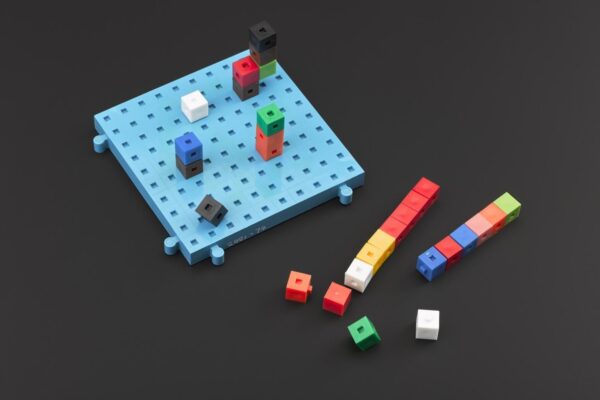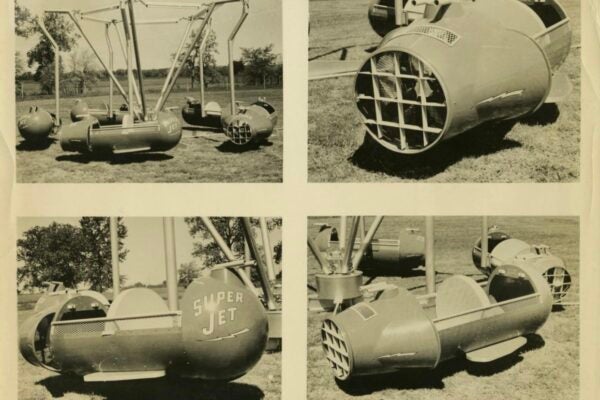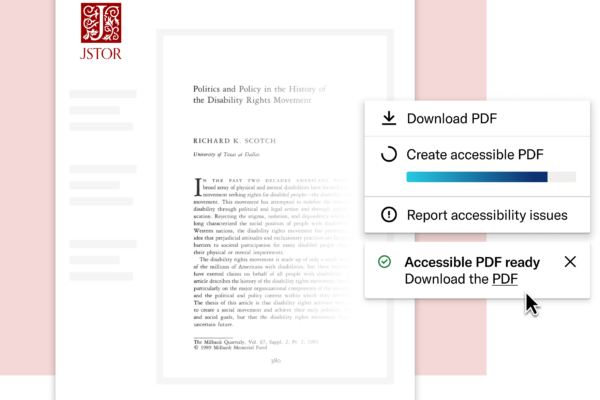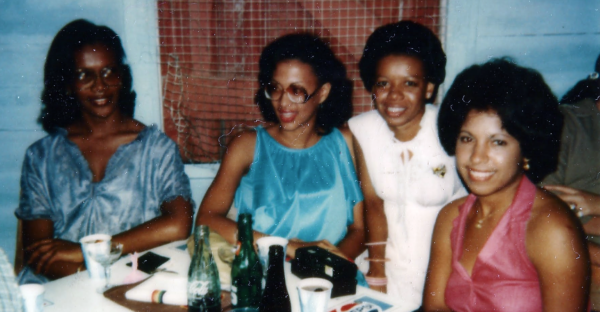
Growing up in Miami, Florida, surrounded by Caribbean cultures across the diaspora, I developed a strong sense of identity as a proud Caribbean creative, a Belizean Cuban American designer. My intersectionalities have significantly influenced my creativity and the stories I choose to tell through my work as I delve into the importance of preserving family memories, the power of personal archives, and the transformative role of working at ITHAKA/JSTOR, where the culmination of all disciplines shapes my creative practice.
Preserving memories through art
I received my BFA in Graphic Design from the Maryland Institute College of Art in 2016, where I presented my senior thesis project Curly Sue Found Dead, an experimental short film. With a passion for exploring nostalgia, I reworked the male-dominated narrative of organized crime in America by creating the story of one woman: Susanna Crespo, AKA Curly Sue. She thrives in 1980s Miami at the height of cocaine trafficking and the Miami Drug Wars. While exploring the glamorization of “the gangster” through pop culture, the narrative branding of props and evidence brings this character to life. The process of creative direction involved heavy research, exploring archival material, and crafting a Miami I had never known.
The power of personal archive
Using this archival footage and exploring my hometown of Miami through its past inspired me to dig deeper and create more work using a growing, personal archive.

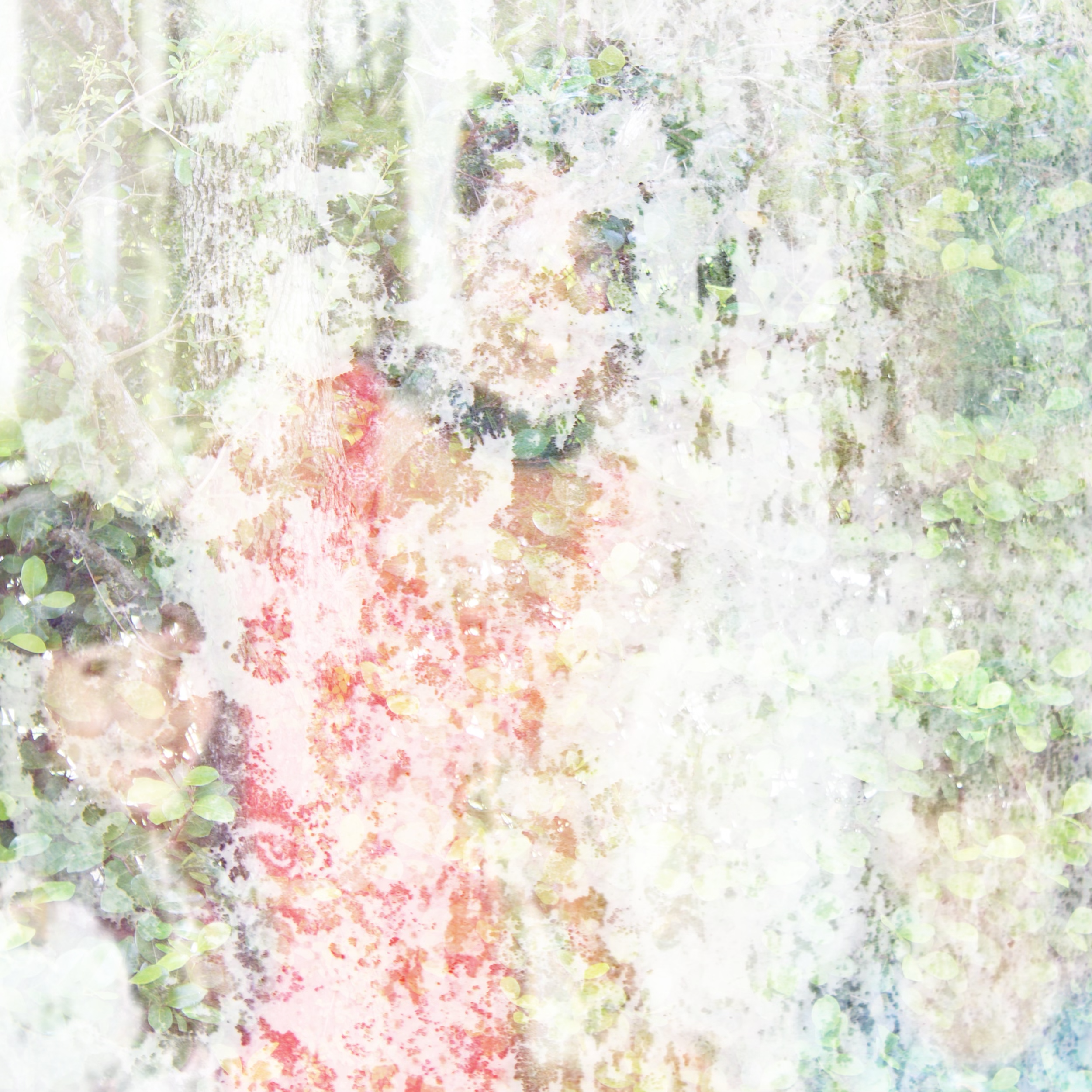
As a Caribbean creative, I believe that personal archiving is not just an act of honoring our heritage, but also a way to pass down wisdom and resilience to future generations. Whether it’s digitizing old photographs, making art, or collecting meaningful mementos, personal archiving ensures that our stories remain alive. Each artifact begins cultivating connections to our roots, forming a bridge between generations and allowing them to see these memories in a new way.
The role of digital libraries at JSTOR
Digital libraries have played a vital role in my understanding of history and diverse perspectives. Working at JSTOR has expanded my access to scholarly resources and complemented my personal family archives.
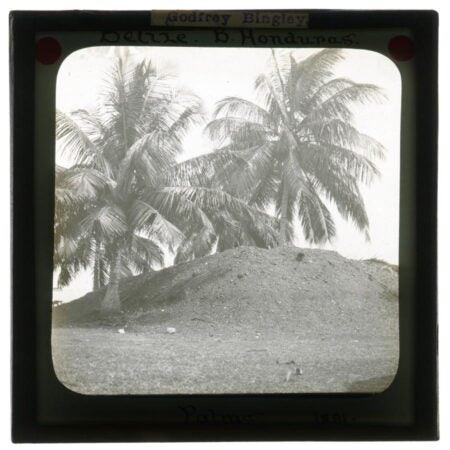
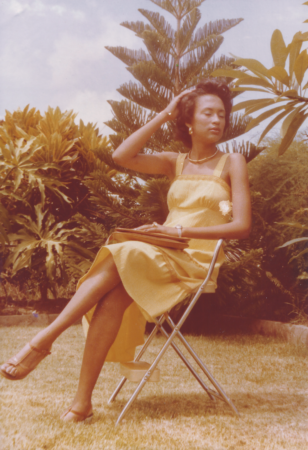
The Godfrey Bingley Photographic Archive collection features photos of Belize, formerly known as British Honduras, dating back to 1884-1913. They not only showcase landscapes, but capture the everyday life of Belizeans during that time. Belize was the only British colony in Central America and the youngest to receive its independence on September 21, 1981. The platform provides historical records, research, and a wealth of perspectives that contribute to comprehensive narratives and make connections that I would have never thought possible. The Lindsay Webster Collection of Cuban Posters, Ediciones Vigía Artists Books, and Cuban Heritage Collection (University of Miami Libraries) have also influenced me during my time as a creative at ITHAKA/JSTOR.
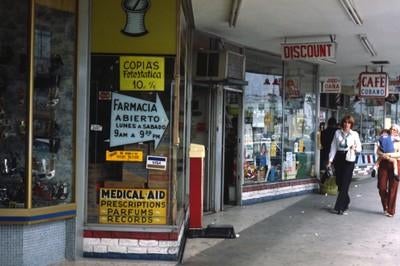
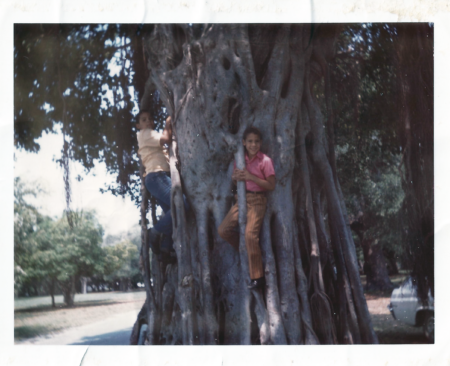
As I reflect on my journey and endeavors, the resonance between my work and ITHAKA/JSTOR’s mission becomes clear. Family photos will always hold incredible power for me. By preserving these memories and forming collective narratives through art and design, it strengthens bonds within my family and develops new understandings of creativity for me as a maker. Through the lens of my Belizean mother and Cuban father, I have come to appreciate the depth and richness of my heritage. I can hear my parents saying to me, “You are Belizean Cuban American. Be proud.” With an unwavering commitment to leaving a mark, I will continue to convey this message in every space I inhabit, including my invaluable role at ITHAKA/JSTOR.
